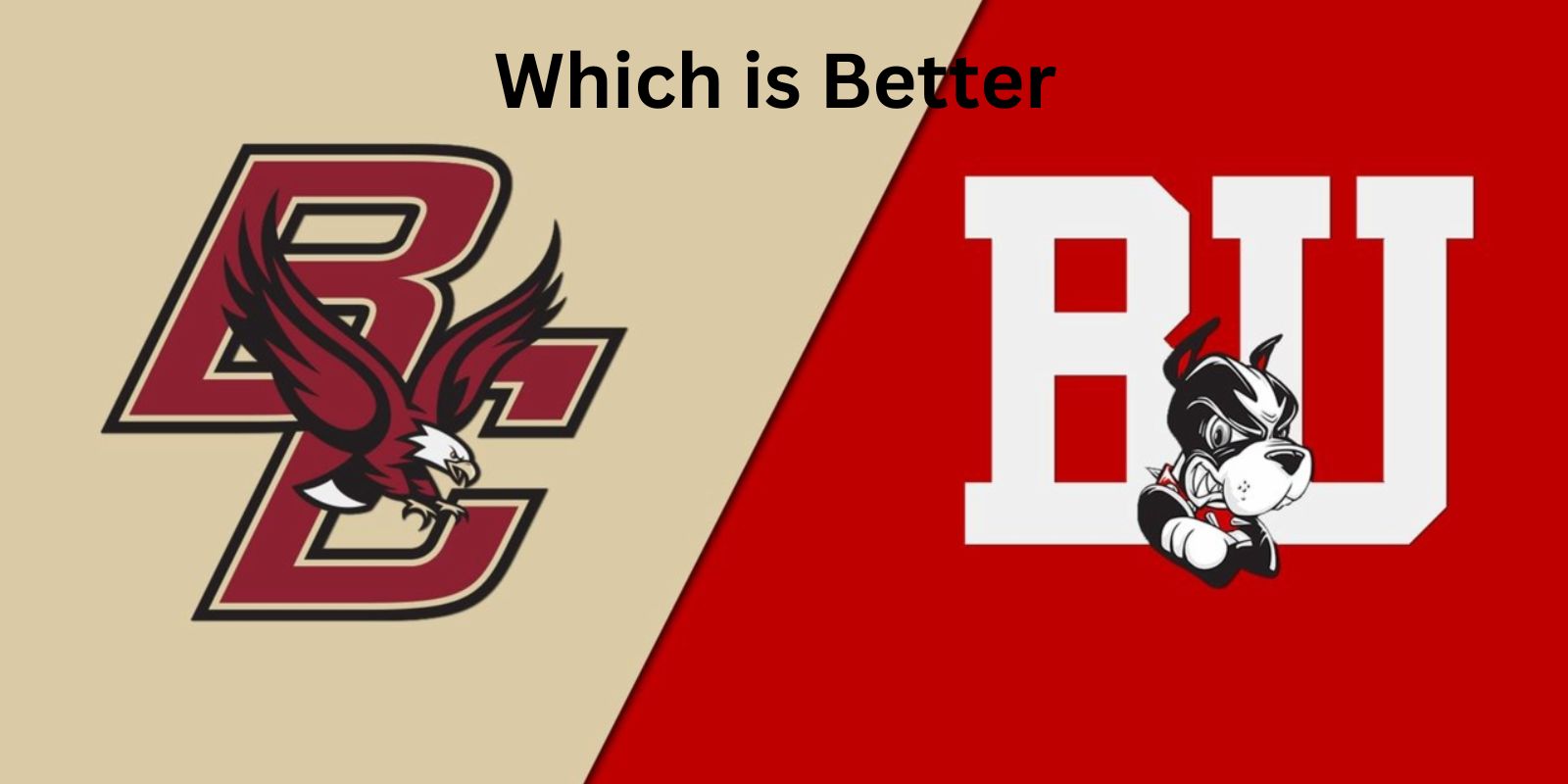Introduction:
In recent years, the field of healthcare administration has witnessed rapid growth and transformation. With the ever-evolving landscape of healthcare delivery, professionals equipped with the necessary skills and knowledge are in high demand. Pursuing a Master’s degree in Healthcare Administration is an excellent way to advance your career and make a significant impact on the healthcare industry. Thanks to advancements in technology, online Master’s degree programs in Healthcare Administration have gained immense popularity, offering flexible learning options for aspiring leaders in the healthcare sector.
The Rise of Online Master’s Degree Programs:
Online education has become increasingly prevalent across various fields, including healthcare administration. The convenience and flexibility offered by online programs have revolutionized higher education, allowing professionals to earn advanced degrees while balancing work, personal commitments, and geographical constraints. Online Master’s degree programs in Healthcare Administration provide a dynamic and interactive learning experience, combining theoretical knowledge with practical skills required for effective leadership in healthcare settings.
Curriculum and Core Competencies:
Online Master’s degree programs in Healthcare Administration typically offer comprehensive and well-rounded curricula that encompass a wide range of subjects relevant to healthcare management and administration. Core courses often cover topics such as healthcare policy and law, strategic planning, financial management, healthcare economics, quality improvement, healthcare information systems, ethics, and leadership. The programs aim to develop professionals who can navigate the complex healthcare environment, make informed decisions, and drive organizational success.
Flexibility and Convenience:
One of the primary advantages of pursuing an online Master’s degree in Healthcare Administration is the flexibility it provides. Students have the freedom to access course materials and lectures at their convenience, allowing them to tailor their learning schedules to accommodate their professional and personal commitments. The asynchronous nature of online programs enables students to engage with coursework, participate in discussions, and collaborate with peers from diverse backgrounds, enhancing their understanding of real-world healthcare challenges.
Access to Industry Experts:
Online programs often bring together a diverse group of students and faculty from around the world. Students benefit from the expertise of industry professionals who serve as faculty members or guest lecturers. These individuals possess extensive experience in healthcare administration and can provide valuable insights and practical knowledge that enrich the learning experience. Through virtual discussions, forums, and networking opportunities, students can build connections and gain a deeper understanding of the healthcare industry.
Technology and Resources:
Online Master’s degree programs leverage technology to deliver engaging and interactive learning experiences. Students have access to various multimedia resources, including recorded lectures, virtual simulations, case studies, and online libraries. They can engage in collaborative projects and utilize communication tools to interact with peers, faculty, and industry experts. Additionally, online platforms often provide access to healthcare databases and analytical tools that enable students to explore and analyze real-world healthcare data.
Practical Experience and Internships:
While online programs offer the flexibility of remote learning, they also recognize the importance of practical experience in healthcare administration. Many reputable online Master’s degree programs incorporate internships or field experiences as part of their curriculum. These opportunities allow students to apply theoretical concepts in real-world settings, gain practical skills, and develop professional networks. Such hands-on experiences are invaluable for students seeking to transition into leadership roles in healthcare organizations.
Professional Advancement and Career Opportunities:
Earning a Master’s degree in Healthcare Administration online equips professionals with the qualifications necessary for senior-level positions in various healthcare settings. Graduates can pursue careers as healthcare administrators, executives, policy analysts, consultants, or leaders in healthcare organizations, hospitals, clinics, pharmaceutical companies, government agencies, and nonprofit organizations. The growing demand for healthcare administrators, coupled with the comprehensive education offered by online programs, positions graduates for success and advancement in their careers.
Conclusion:
Online Master’s degree programs in Healthcare Administration provide a flexible, accessible, and comprehensive path for professionals seeking to make a difference in the healthcare industry. These programs combine theoretical knowledge with practical skills, preparing future leaders to navigate the challenges of healthcare management effectively. With advancements in technology, online learning platforms offer interactive and engaging experiences, fostering collaboration and networking opportunities. As the demand for skilled healthcare administrators continues to rise, pursuing an online Master’s degree in Healthcare Administration can open doors to a rewarding and impactful career.
FAQ’s
What degree is best for healthcare administration?
A Master’s degree in Healthcare Administration (MHA) or a Master’s in Business Administration (MBA) with a specialization in Healthcare Administration are considered the best degrees for healthcare administration. These programs provide a comprehensive understanding of healthcare systems, management principles, policy development, financial management, and leadership skills needed to excel in healthcare administration roles. Additionally, a Bachelor’s degree in healthcare management or a related field can serve as a foundation for further specialization or career advancement in healthcare administration.
What is the best masters degree to get in healthcare?
The Master of Health Administration (MHA) is widely regarded as the best master’s degree to pursue in healthcare. It specifically focuses on healthcare leadership, management, and administration, equipping students with the necessary skills to navigate the complex healthcare industry. The MHA curriculum covers areas such as healthcare policy, finance, strategic planning, quality improvement, and healthcare informatics, providing a comprehensive foundation for a successful career in healthcare management and administration.
What is the salary of MHA in USA?
The salary of a professional with a Master of Health Administration (MHA) in the USA can vary depending on factors such as experience, location, and the specific role. On average, healthcare administrators with an MHA can expect a salary range between $70,000 and $150,000 per year. Senior-level positions, such as healthcare executives or CEOs, can earn salaries upwards of $200,000 or more, particularly in larger healthcare organizations or metropolitan areas.
Is GRE required for MHA in USA?
The requirement for GRE (Graduate Record Examination) varies depending on the university and program. While some MHA programs in the USA may require GRE scores for admission, many programs have started to waive the GRE requirement, especially for applicants with relevant work experience or exceptional academic records. It is advisable to check the specific admission requirements of each university or program to determine whether the GRE is required for the MHA program you are interested in.
Which country is best for MHA?
Several countries offer excellent Master of Health Administration (MHA) programs, each with its unique strengths. The United States is known for its prestigious MHA programs and the vast opportunities available in the expansive healthcare industry. Canada is also a popular choice, with its strong healthcare system and focus on quality healthcare administration. Australia is another attractive option, offering internationally recognized MHA programs and a diverse healthcare landscape. Ultimately, the best country for pursuing an MHA depends on individual preferences, career goals, and desired international exposure.
What GPA is required for MS USA?
The required GPA (Grade Point Average) for admission to Master of Science (MS) programs in the USA can vary significantly depending on the university, program, and competitiveness of the applicant pool. Generally, a minimum GPA of 3.0 on a 4.0 scale is often considered a baseline requirement. However, competitive programs may have higher GPA expectations, ranging from 3.5 to 4.0 or above. It is essential to research and review the specific admission requirements of each university and program to determine the GPA expectations for the MS program you are interested in.
What are the requirements for MHA in USA?
The specific requirements for a Master of Health Administration (MHA) program in the USA can vary between universities. However, common requirements typically include a completed application form, a bachelor’s degree from an accredited institution, official transcripts, letters of recommendation, a statement of purpose, a resume or curriculum vitae (CV), and, in some cases, relevant work experience. Additionally, some programs may require applicants to submit GRE scores, although this requirement is becoming less common. It is important to check the specific requirements of each MHA program you are interested in.
What is the entrance exam for MHA in USA?
The entrance exam requirements for Master of Health Administration (MHA) programs in the USA can vary between universities. While some programs may require applicants to submit GRE (Graduate Record Examination) scores, an increasing number of universities are waiving the GRE requirement. Instead, they may prioritize other factors such as academic transcripts, letters of recommendation, statement of purpose, and relevant work experience. It is advisable to check the specific admission requirements of each MHA program you are interested in to determine whether an entrance exam, such as the GRE, is required.










